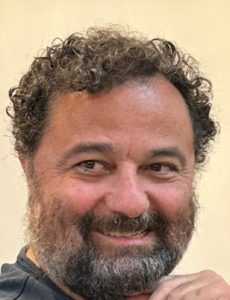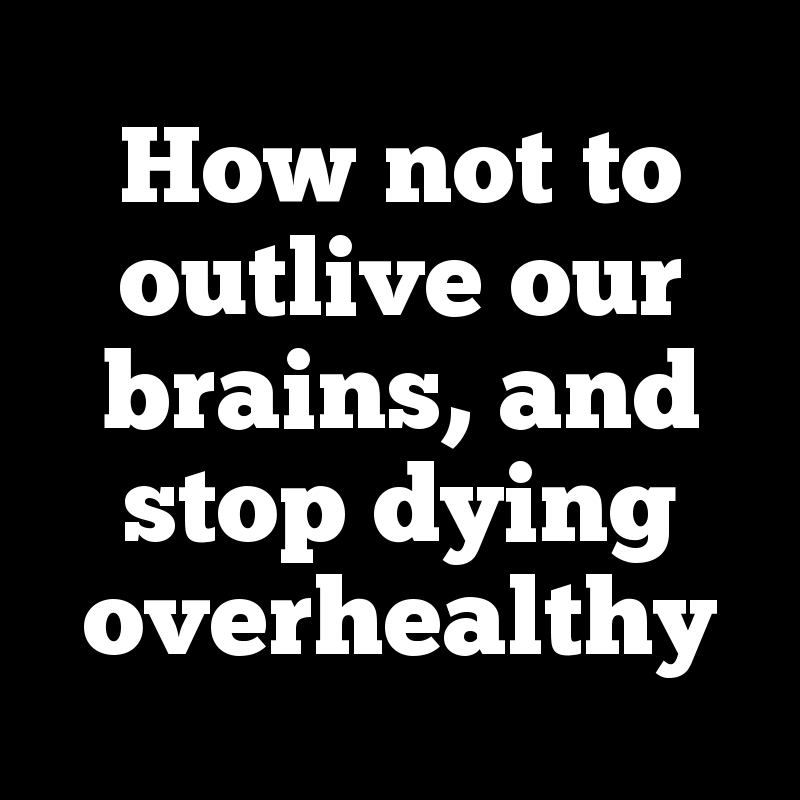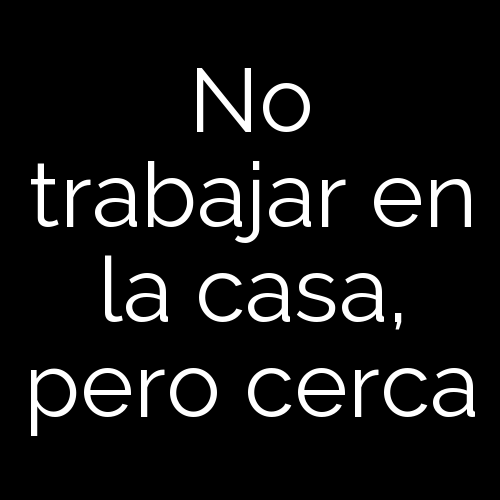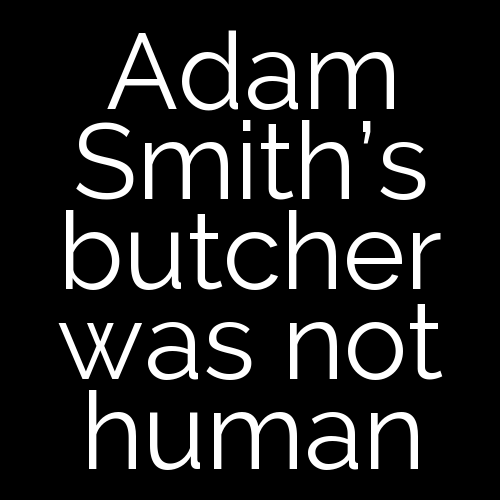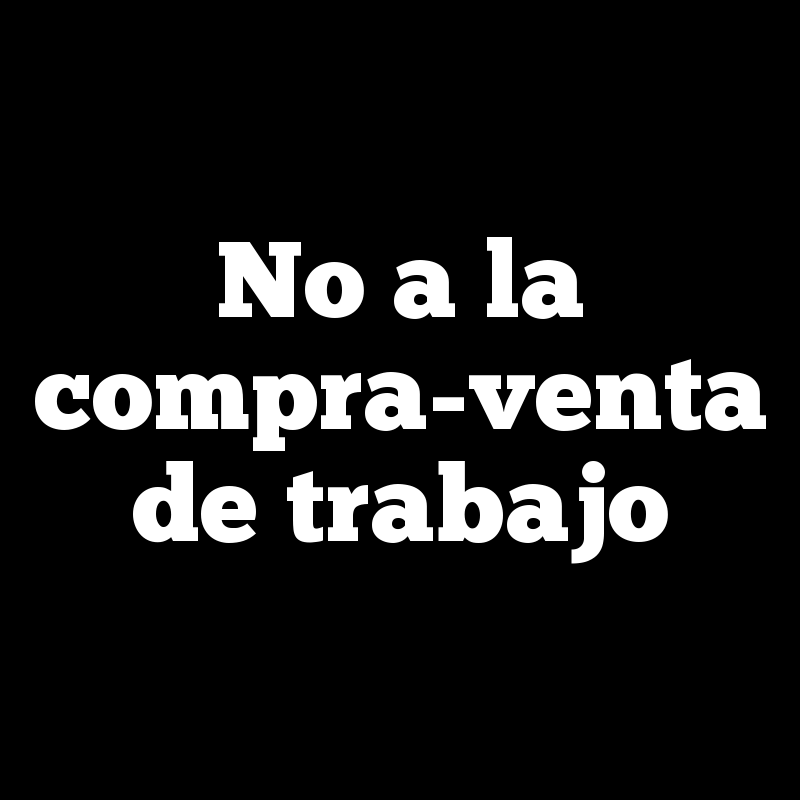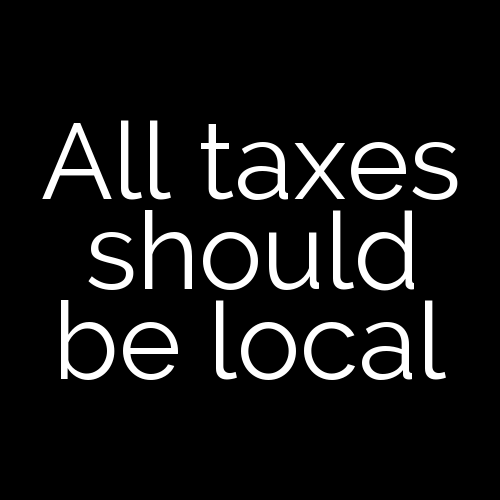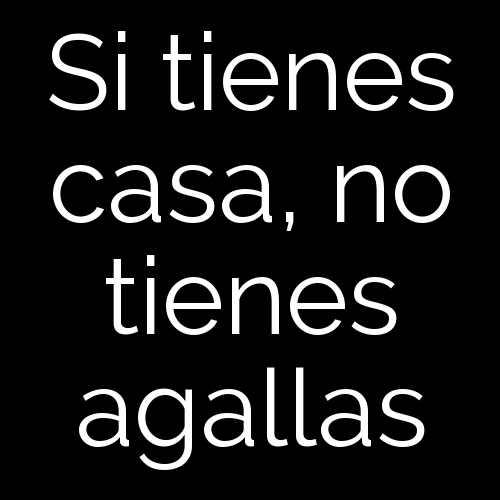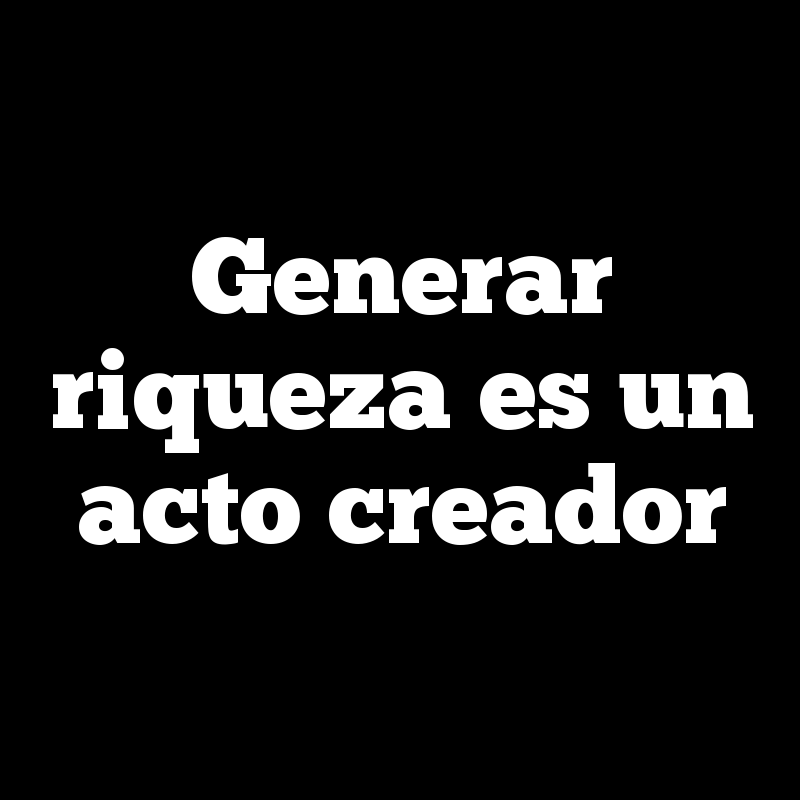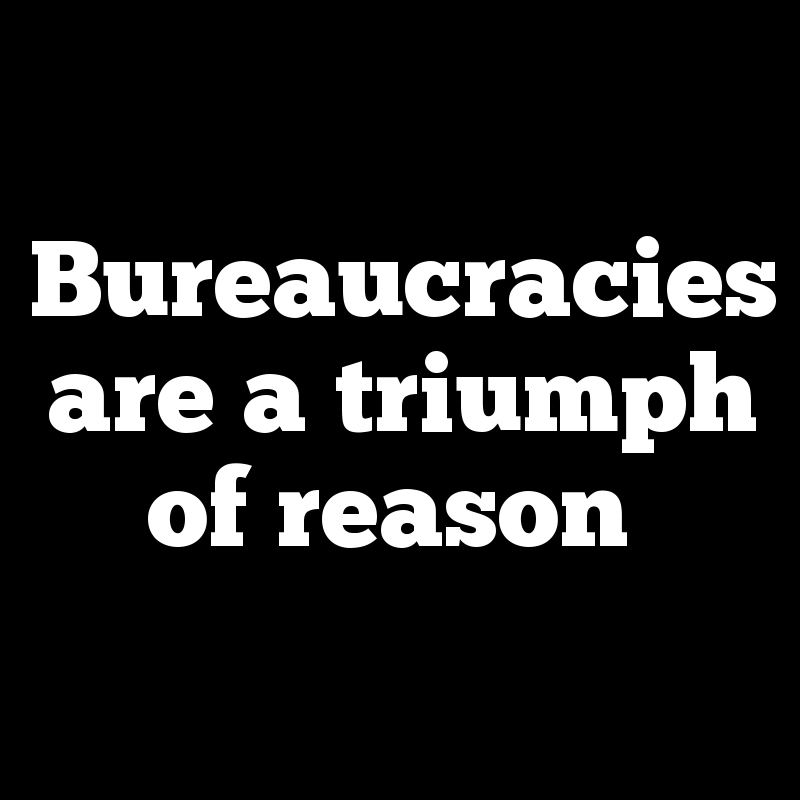La riqueza no es una cosa sino un orden. Por tanto, no "se distribuye", sino que "se fomenta"
La ciencia económica surge en el siglo 17 cuando se empieza a creer que la riqueza es una cosa: oro, tierra o trabajo. Esto fue una “cosificacion” empobrecedora. La riqueza no es una cosa, sino un cierto orden de las cosas que permite que las personas vivan a su mayor capacidad. Por ejemplo, la mayor parte de la riqueza de una persona consiste en las relaciones humanas que haya logrado establecer (de confianza, de amor, de respeto, etc).
Una de las implicaciones de superar esta visión “cosista” de la riqueza es darse cuenta que la riqueza no se “redistribuye” (quitar a uno para dar a otro). El orden, por ser información, no “se gasta” con su uso. Hay que “fomentar” que todo el mundo tenga más.
Tan solo tiene sentido redistribuir aquella parte de la riqueza, cada vez más pequeña, que es todavia es material.
